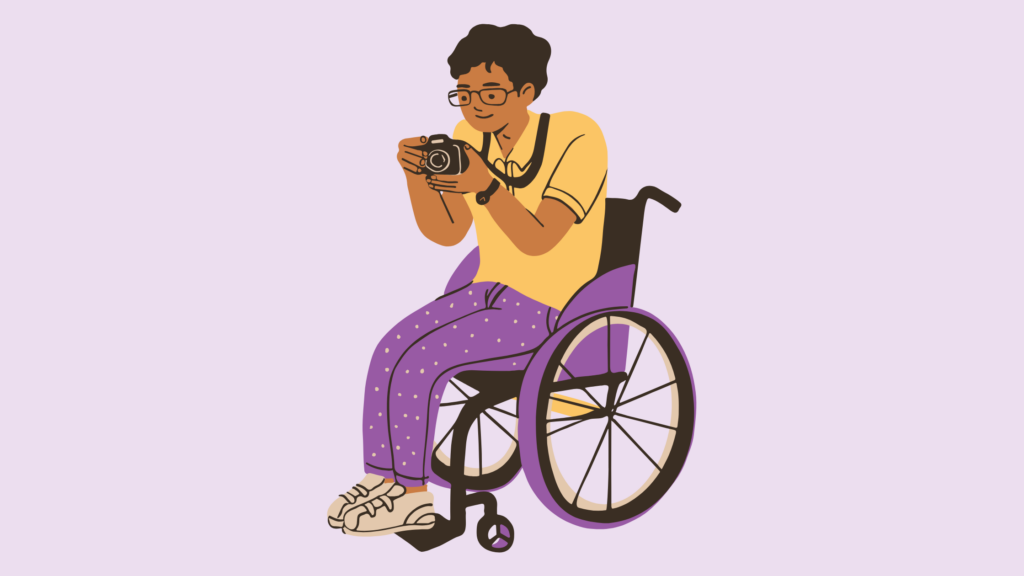What Are Disability Rights?

We all have rights. That includes the right to be treated with dignity and respect. Everyone deserves to live a life free from discrimination and to have the same opportunities to reach their full potential. Find out more about your rights as a disabled person.
Research suggests that disabled people might be treated differently when it comes to health, education, employment, money, experiences of crime, housing and wellbeing.
What are disability rights?
Disability rights are all about making sure that people with disabilities are treated equally and have the same chances as everyone else. They’re based on laws like the Equality Act 2010, the Mental Capacity Act 2005, and the Human Rights Act 1979 which aim to protect people from discrimination.
What do these rights mean?
- Accessibility: This means that things should be designed and made in a way that everyone can use them. For example, having ramps for wheelchairs, making websites easy for everyone to read, and using language that everyone can understand.
- Equality: It doesn’t mean treating everyone the same, because we all have different needs. Equality means making sure everyone has what they need to achieve the same things.
- Inclusion: This is about making sure everyone feels welcome and valued. It’s about having equal access and opportunities. It recognises people’s diversities and supports their needs.
Your rights in action
You might be entitled to things like:
- Support from social services: This could include help with daily living or getting around.
- Adaptations to your home: Like ramps, lifts, or special equipment.
- Adjustments at school or work: Such as extra time for exams or flexible working hours.
- Communication support: To help you understand information and make yourself heard.
- Advocacy: Someone to support you to speak up for your rights.
What about discrimination?
Treating someone unfairly because of their disability is called discrimination, and it’s against the law. If you think you’ve been discriminated against, you can:
- Report your concerns: Let someone know what happened.
- Ask for changes: What needs to be done to fix the situation?
- Make a complaint: You can complain to your school, workplace, or the relevant authorities.
Speaking out about discrimination is important! Let’s make Wales a more inclusive place for everyone!
Want to learn more?
Check out these websites for more information and support:
Need to talk?
If you want to talk to anyone about this, or want advice, support or guidance about anything else, then contact us. Meic is a confidential helpline service for children and young people in Wales. You can contact us free, by phone, WhatsApp message, text, or online chat, to talk about anything that’s on your mind.






















